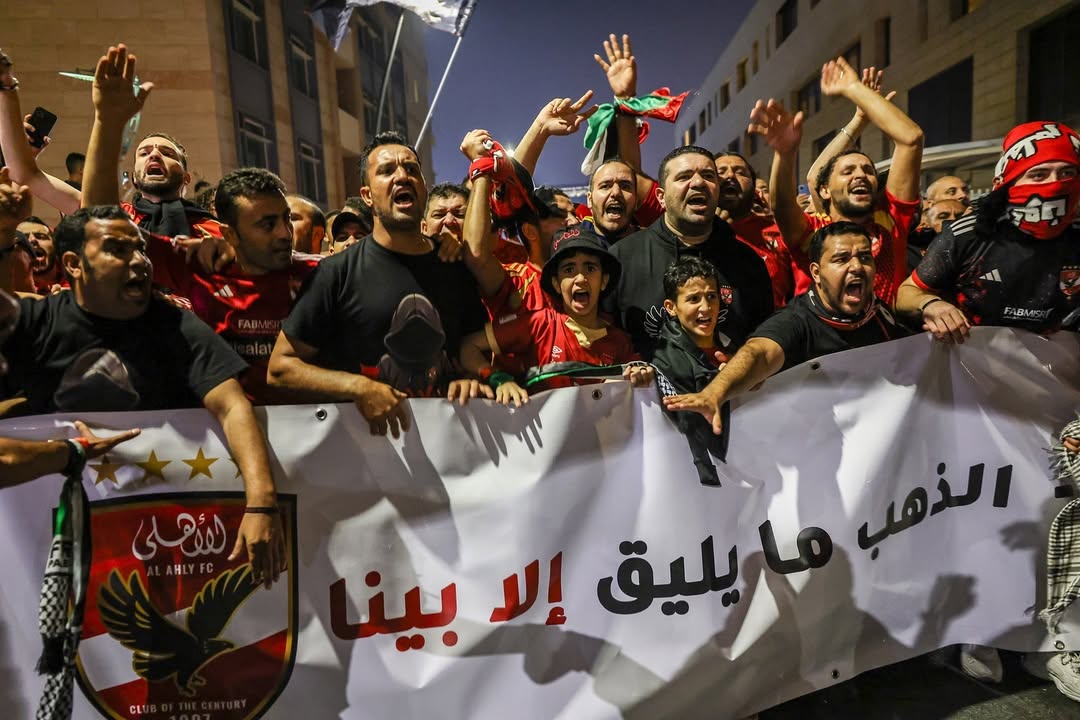by Muhammad Muneeb Ur Rehman
The Supreme Committee for Delivery & Legacy (SC) and Qatar Foundation (QF) have announced the completion of the Education City Stadium for the Qatar 2022 tournament. The 40,000-capacity arena, nicknamed the ‘Diamond in the Desert’, has become the third FIFA World Cup Qatar 2022™ stadium to open.
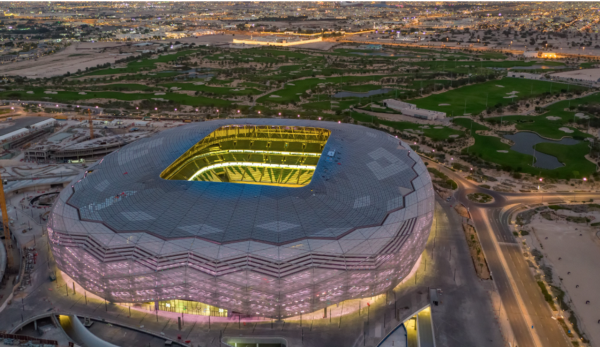
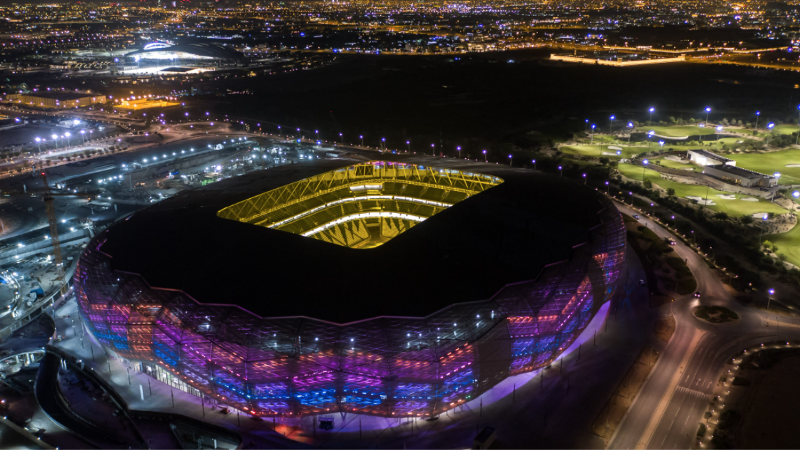
The stadium’s completion was marked digitally on the SC’s social media platforms, and via special 60-minute programmes in both Arabic and English on beIN SPORTS on Sunday evening, in light of the current COVID-19 pandemic. FIFA World Cup Qatar 2022™ Chairman and Secretary-General of the SC, H.E. Hassan Al Thawadi, said:
“While the world continues to battle COVID-19, we hope news of the stadium’s completion shows there is light at the end of the tunnel. We will soon return to something approaching normality — including football matches in packed stadiums.”
The ‘Road to FIFA World Cup Qatar 2022™’ Arabic show commemorated the stadium’s completion and official unveiling, while the English show featured special guests who debated the future of the sport in a post-pandemic world. Notable guests included FIFA Technical Director and former Arsenal manager, Arsène Wenger, German Football League CEO, Christian Siefert, and Belgium national team manager, Roberto Martínez, among others.
Designed by Fenwick Iribarren Architects, the stadium is located in the north-west of Doha in Al Rayyan, roughly 14 kilometres from central Doha and a similar distance from the West Bay and The Pearl areas. The stadium will be connected with the rest of Doha by a metro line.
Like diamonds, the stadium’s design represents quality, durability and resilience, and will become something to be treasured — both for the memories it holds and its future value to the country and region. According to Education City Stadium’s project manager, Eid Al-Qahtani,
“The player’s comfort is at the forefront of the facilities inside the stadium. Individual jacuzzis and warm-up areas, saunas, and well-lit dressing rooms all make sure that the teams have everything they need to feel comfortable here.”
The Education City Stadium has been a topic of discussion for some time now, it was initially scheduled for inauguration in December 2019 for the Club World Cup tournament that was held in Qatar and was supposed to host three of the tournament’s games, including a semi-final involving European Champions Liverpool. Even though FIFA said that the construction of the stadium was complete and the venue was operational, the necessary certification processes took longer than expected, and the stadium was unable to host test events at full capacity in time for the tournament.
The idea to inaugurate the stadium amidst the COVID-19 pandemic seems bizarre to many but according to Nasser Al-Khater the CEO of the FIFA World Cup Qatar 2022™,
“This virtual launch is dedicated to the frontline workers who sacrificed so much by putting their lives on the line. Education City is the hub of science and research and by launching this stadium at a crucial time, we hope that is what the Qatar World Cup will be remembered by.”
Education City stadium became the third officially completed World Cup tournament venue after Khalifa International Stadium and Al Janoub Stadium. It is scheduled to host 2022 games up to and including the quarter-finals.
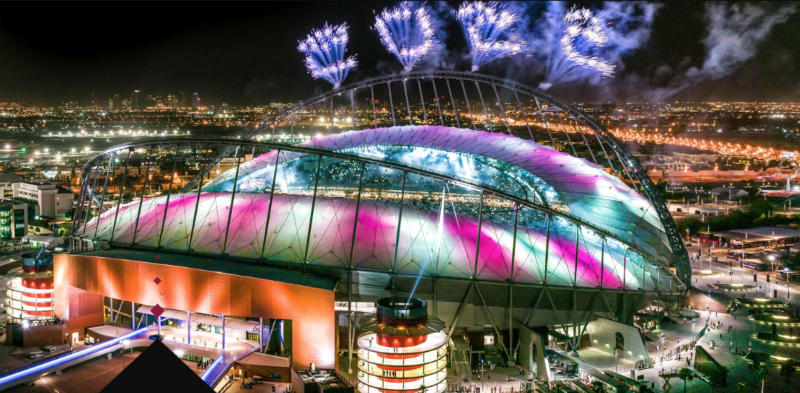
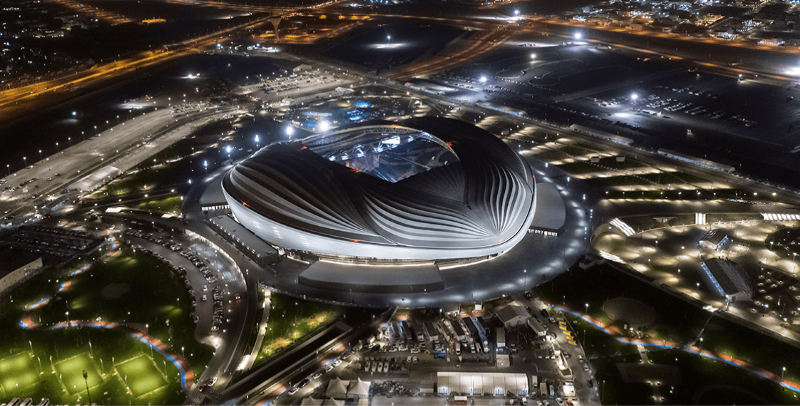
The stadium is scheduled to host its first-ever football match later next month as round 18 of the Qatar Stars League season 2019–2020 resumes. A total of two league games will be played at the venue in July. Talking to the local media about QSL, the official SC local ambassador, Mohammed Saadon Al Kuwari, said,
“It is true that the heat is getting intense but for COVID, I still follow numbers and they are reducing as Qatar has passed the peak period. The timing for the upcoming QSL games is at the end of July which gives us enough time to be at a better stage and it will also be at the end of the second phase of the gradual lifting of the lockdown.”
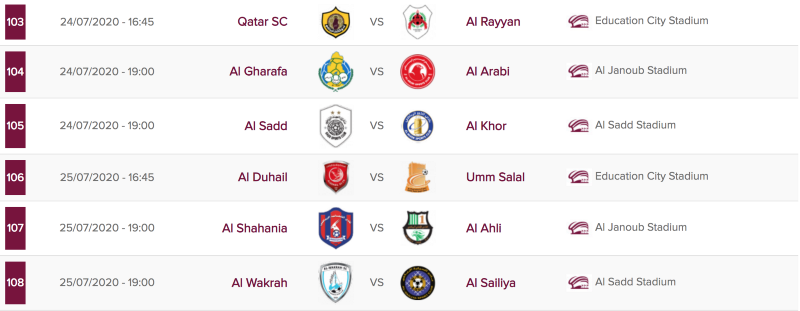
The landscape around Education City Stadium is dotted with renowned international universities. The stadium will include facilities like football training pitches, golf course and shops. HE Sheikha Hind bint Hamad Al Thani, Vice-Chairperson and CEO of QF, said:
“The stadium’s place at the heart of Qatar Foundation’s vibrant, open community will make it an enduring focal point and a hub of activity, social interaction, and knowledge. It will continue to bring people together long after the World Cup, encourage them to embrace sport and healthy living, and — as one of the world’s most sustainable sporting venues — promote the importance of making sustainability a key element of our lifestyles.”
“The eyes of the world will be on this stadium when it hosts matches as the World Cup comes to Qatar and the region in 2022, but its value will extend far beyond the tournament.”
The stadium’s most direct contribution to international development will come after the World Cup finishes. The demountable upper deck inside the arena will leave space for the Qatar Foundation community to use it for educational purposes. The arena’s capacity will be reduced by half, and 20,000 seats will be donated to build stadiums in developing countries, helping cultivate a passion for the game around the globe.






